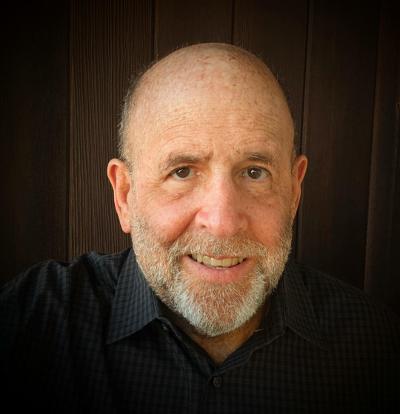
A new National Education Association survey has found that immense staff shortages in schools during the pandemic have led to teacher burnout, with a disturbing number of educators considering opting out of teaching for good and much sooner than anticipated.
“Throughout this pandemic, America’s educators have shown us how committed they are to helping their students thrive,” said NEA President Becky Pringle. “But, as our new survey shows, after persevering through the hardest school years in memory, America’s educators are exhausted and increasingly burned out.”
The NEA represents almost 3 million American educators. Among those who responded to the survey 90% indicated that feeling burned out is a serious problem; 86% said they have seen more educators leave the profession or retire early since the onset of the pandemic, and nearly 75% said they have had to fill in for colleagues or take on additional duties due to staff shortages.
Pringle recalls, “Last summer, I started traveling across the country and without exception, every stop I made, I heard those similar stories of educators who were exhausted, overwhelmed, feeling unloved, disrespected.”
Reinforcing the study’s findings, the Bureau of Labor Statistics (BLS) indicates that there are 567,000 fewer educators in America’s public schools today than there were before the pandemic, with 43% of jobs posted going unfilled.
The NEA suggested that raising salaries is one step that can help to stem the tide of departures. Although the Biden administration has touted the American Rescue Plan’s $122 billion in federal aid to K-12 schools, there is considerable concern that the monies will not be sustainable.
Lest you think it is only prospective retirees talking about leaving early, the potential for a mass exodus includes educators regardless of age or years of experience. The survey reports that 56% of educators under 50 years old say they will leave early. Moreover, 50% of educators with 10 or fewer years in the profession, 58% of educators with 11-20 years, and 57% of educators with 21 years or more say they are likely to leave before they had planned.
Upstate New York school superintendent Randy Squier reported that there were far fewer applicants for a recent elementary position than he would normally receive. “We would often see 120 applicants for an elementary position. Now we’re seeing 40,” he told ABC News.
Beyond the areas covered by the survey, in places like Long Island culture wars are heating up. Battle lines have been drawn, which leave educators, parents and students in, what journalist Laura Meckler aptly referred to as, the “crosshairs of culture warriors.”
On top of battles around masking and vaccinations, scattered school boards across the U.S. are making decisions about what books to ban and what history to truncate. For example in Florida, the Governor favors legislation that would allow people the right to sue teachers over what they teach based on student level of discomfort. For teachers, having to look over one’s shoulder does not help to reduce burnout.
As for the mental health of students and school staff, the Washington Post cited Teresa Rennie, an eighth-grade math and science teacher in Philadelphia, who said that in 11 years of teaching, she has never referred as many children to counseling.
“So many students are needy. They have deficits academically. They have deficits socially,” she said. Rennie said that she’s drained, too. “I get 45 minutes of a prep most days, and a lot of times during that time I’m helping a student with an assignment, or a child is crying and I need to comfort them and get them the help they need. Or there’s a problem between two students that I need to work with. There’s just not enough time.”
As our nation confronts this extraordinary crisis in public education, it will take more than money to solve the challenges we face. Unless and until the political fever breaks and a spirit of collaborative commitment toward uplifting our children takes hold, students will continue to suffer emotionally and struggle to meet their academic potential.






